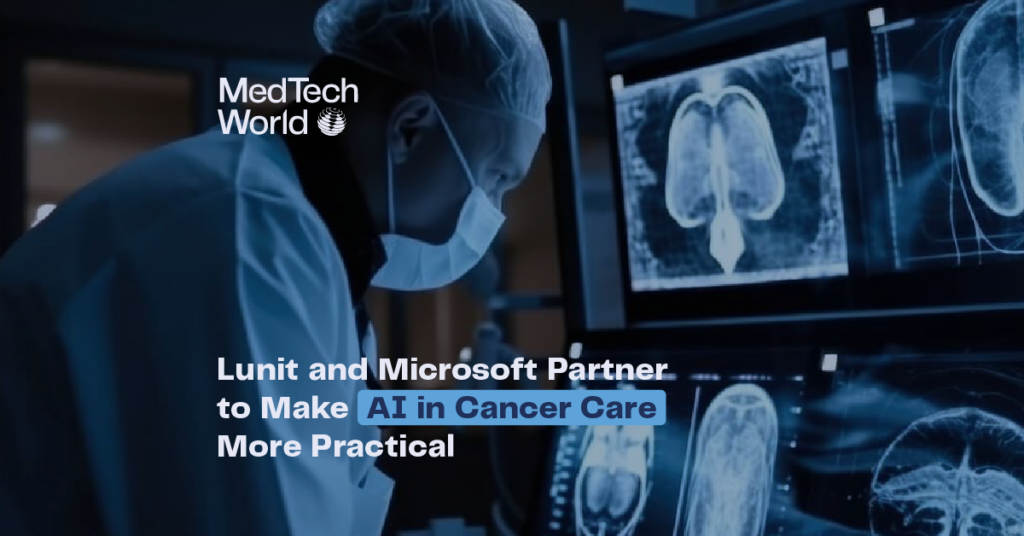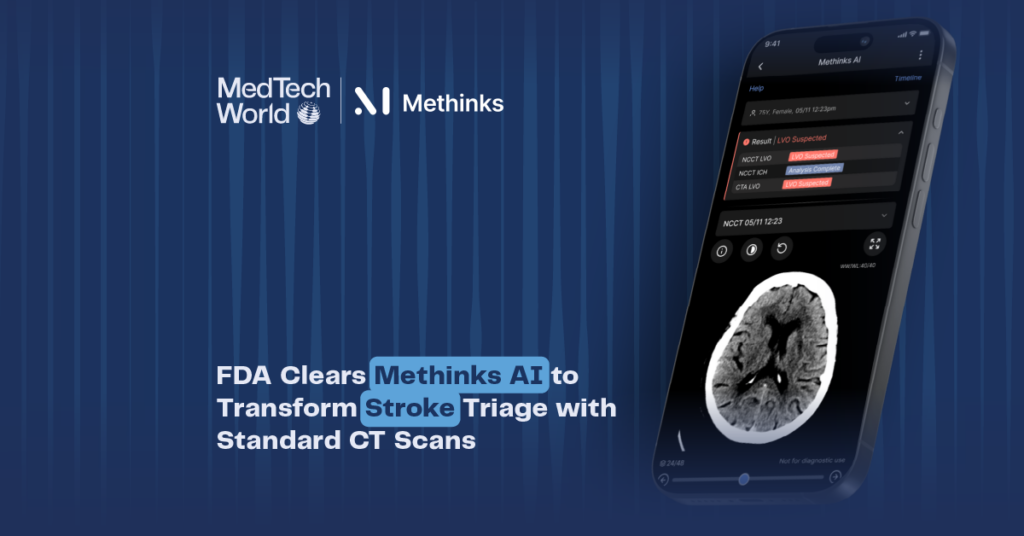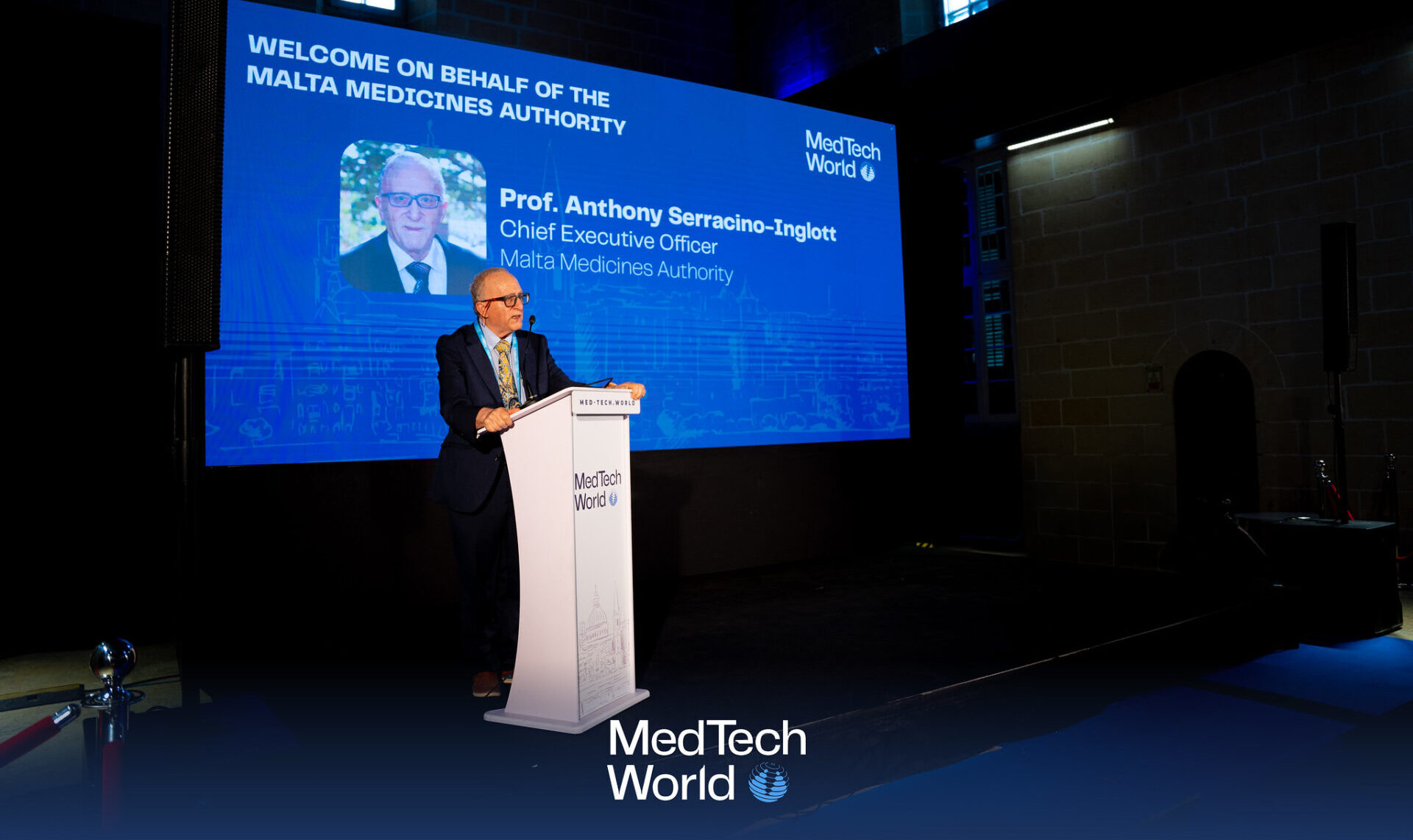
Wara Samar
27th December 2024
Pioneering Healthcare Innovation: Highlights from MedTech Malta 2024
MedTech Malta 2024, held earlier this November, brought together global leaders and experts to explore advancements in medical technology and patient care. Among the event’s highlights were keynotes and panel discussions powered by the Malta Medicines Authority, offering valuable insights into evolving healthcare practices and the integration of innovative technologies.
Opening Remarks: Malta Medicines Authority’s Patient-Centric Approach
Prof. Anthony Serracino-Inglott, CEO of the Malta Medicines Authority, welcomed attendees and reflected on the transformative journey of the Authority over the past decade. He described how research was introduced into the organization’s framework, shifting its role from a regulatory body focused on oversight to one that actively prioritizes patient well-being. “One of the first things that we did in the past ten years at the Authority is to introduce the concept of research in a government agency. Before, the function was more likely to be a policing action, a regulation action to regulate, to look at what could be going wrong. That evolved slowly but surely in the last ten years where we looked into further than the act of regulating, and we looked into the act of putting the patient in the center of all our activities,” he shared.
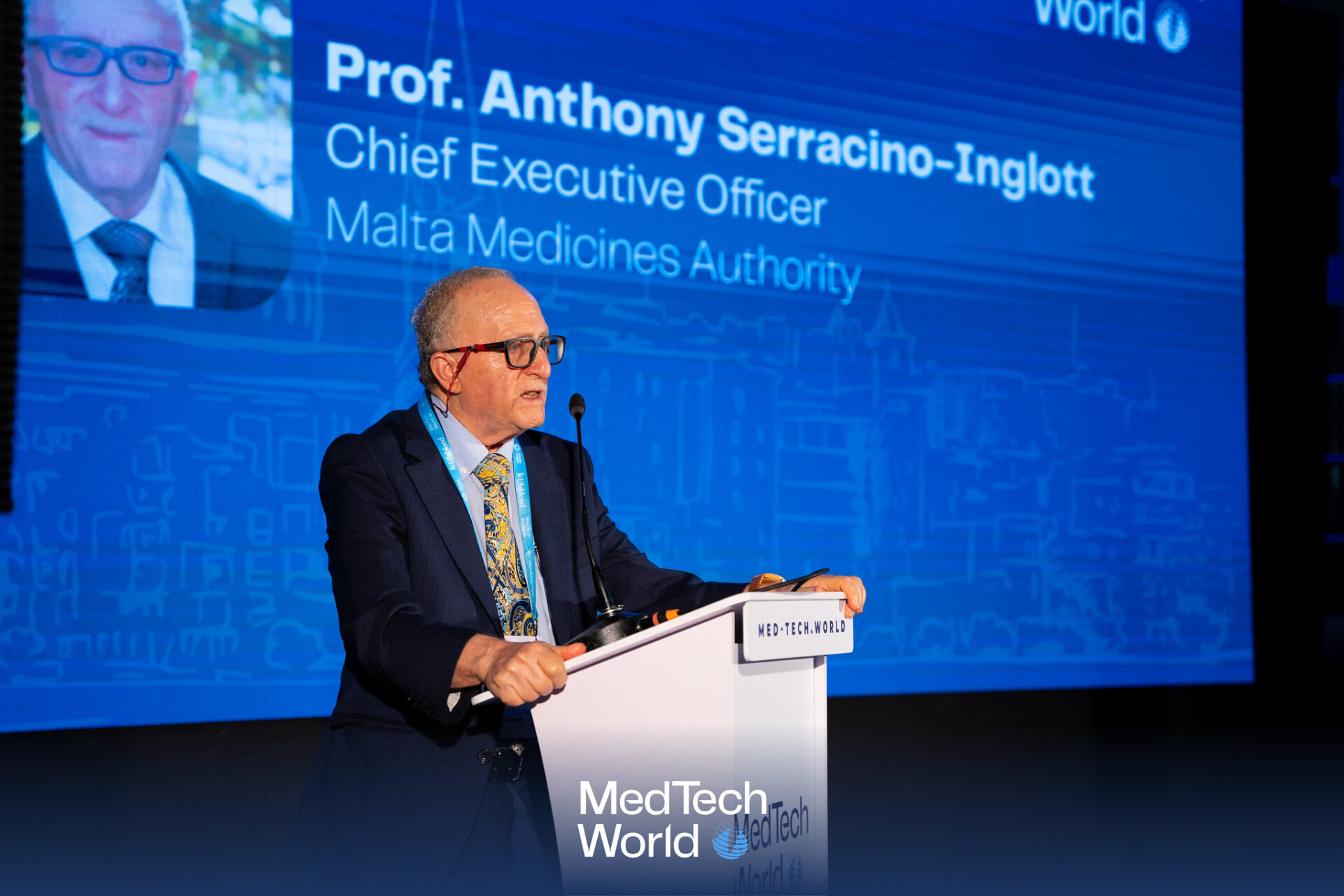
Addressing Tooth Wear: The Future of Dentistry
Prof. Philip Taylor from Queen Mary University of London delivered a keynote titled “The Future of Dentistry: Advancing Tooth Wear Measurement in General Practice,” addressing the growing concern of tooth wear and its impact on oral health and self-esteem. He explained, “Tooth wear is becoming a very big problem for us,” drawing an analogy to industrial machinery, where teeth act as cogs and saliva as oil.
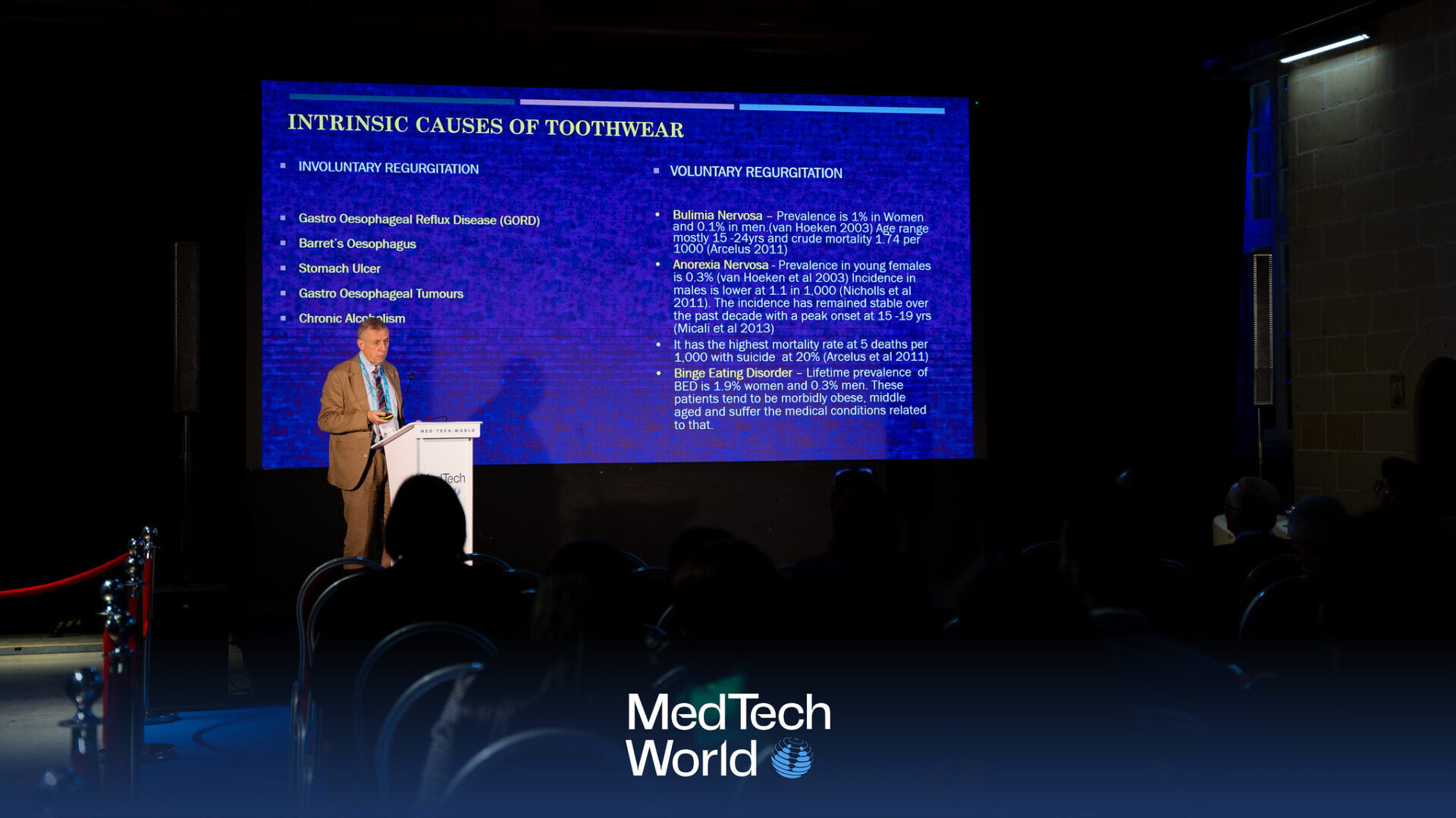
Prof. Taylor categorized the causes of tooth wear into attrition (grinding), abrasion (aggressive cleaning), and acid dissolution from carbonated drinks, stating, “Diet colas are worse than full sugar colas.” He highlighted the financial burden of treatments, with costs ranging from £2,500 on the NHS to £13,000 privately, underscoring the importance of prevention. Advances in 3D imaging, such as colour mapping and tools like PrepCheck, offer precise monitoring and measurement capabilities. However, challenges remain, including creating reproducible fiducial points for consistent tracking. Prof. Taylor concluded with optimism about the potential of technology to better understand and mitigate tooth wear.
From Hospitals to Homes: Rethinking Aging Care
Prof. Kristian Zarb Adami of the University of Malta and the University of Oxford presented his keynote, “From National Healthcare to Personal Homecare,” highlighting the urgent need to transition healthcare from hospitals to homes, especially as aging populations grow and strain healthcare systems. He noted, “The single most predictor of a patient falling is how many falls they’ve already had,” emphasizing the importance of proactive care through accessible technologies like wearables and IoT devices.
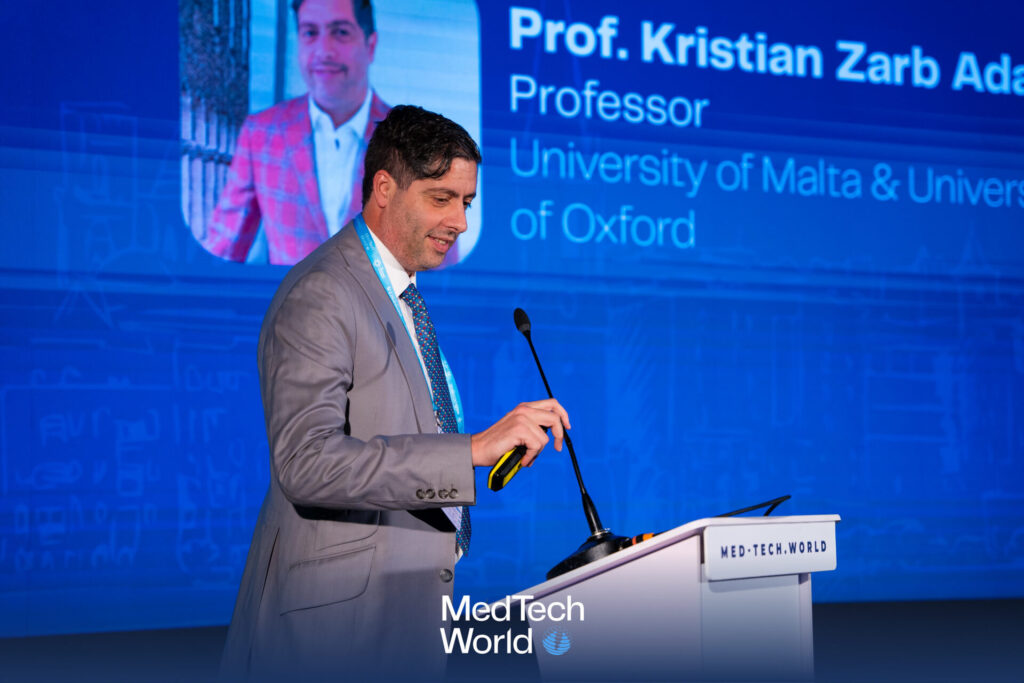
Prof. Zarb Adami detailed innovations such as a radar-based sensor system capable of tracking vital signs, detecting conditions like sleep apnea, and measuring environmental factors like air quality. These systems, trialed in the U.S. and Malta, aim to create “a data-rich environment” that enhances aging care, allowing individuals to stay at home longer while improving their quality of life and reducing hospital-acquired risks like antibiotic-resistant infections. He concluded, “The more people that can stay at home, the more quality of life they have.”
Advancing Cardiovascular Care Through Technology
Dr. Robert Xuereb, CEO of the Foundation for Medical Services, discussed the global impact of cardiovascular diseases during his keynote, “Advancing Cardiovascular Care Through Technology.” Highlighting that cardiovascular conditions account for 18 million deaths annually, with 36% of all deaths in Europe linked to these diseases, he emphasized the role of digital tools and technologies in transforming care.
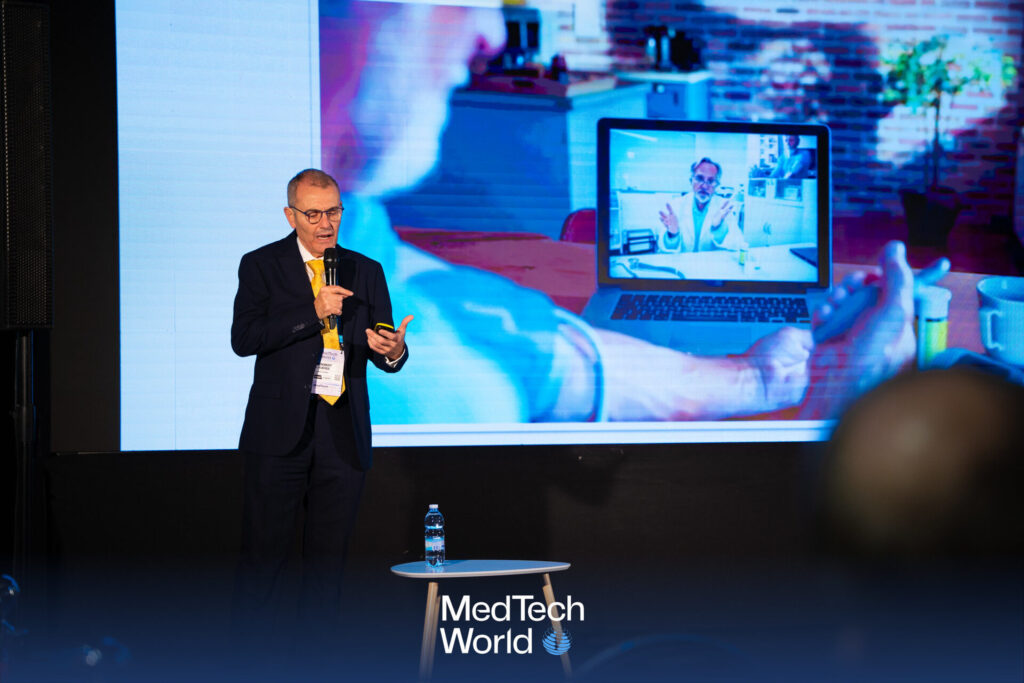
“Remote monitoring and digital follow-ups enable real-time data sharing and better outcomes for heart failure patients,” Dr. Xuereb explained, referencing tools like implantable loop recorders and smart devices for continuous ECG monitoring. He discussed the potential of robotic-assisted surgeries to deliver precise, minimally invasive procedures that reduce recovery times. While acknowledging challenges such as data privacy, cost, and system interoperability, Dr. Xuereb stressed, “Technology has dramatically transformed patient care” by fostering digitization and data-driven decision-making. He also looked ahead to the promise of AI in enabling personalized care and international data-sharing, offering patients greater control over their health data.
Exploring the Future of HealthTech Integration
A panel discussion titled “Integrating HealthTech into Our Current Healthcare Ecosystems: What Does the Future Hold?” brought together experts to explore how digital tools and innovations are revolutionizing healthcare delivery. Moderated by Dr. Jessica Schembri Higgans, Higher Specialist Trainee in General Surgery, Mater Dei Hospital, the panel featured Mr. Jeffrey Dalli, Oncoplastic Breast Surgeon, Wrightington, Wigan and Leigh NHS Foundation Trust; Dr. Thomas Borg Barthet, Resident Specialist in Radiology, Mater Dei Hospital; Dr. Sarah Refalo Azzopardi, Resident Specialist in Ophthalmology, Mater Dei Hospital; and Dr. Christian Vassallo, Rheumatologist, Mater Dei Hospital, who shared their insights on leveraging technology for improved care.
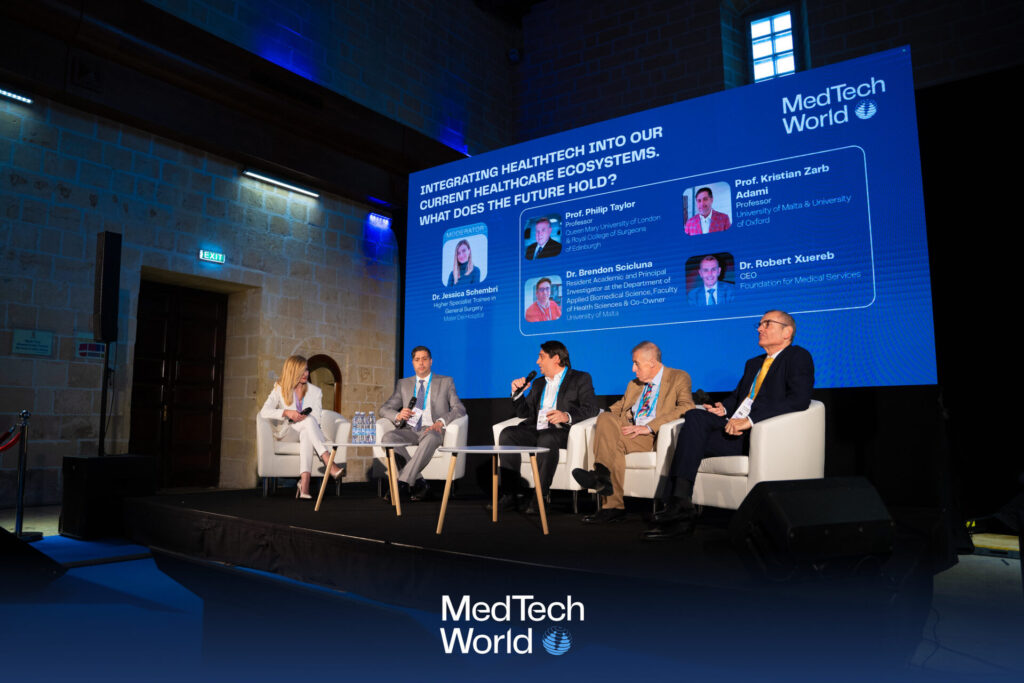
The panelists explored the potential of artificial intelligence, telemedicine, and digital tools to enhance diagnostics, surgical precision, and patient access. They emphasized the importance of robust legislative frameworks, rigorous validation processes, and clinician training to ensure safe and effective technology integration. The need to balance innovation with traditional methods was highlighted to avoid marginalizing vulnerable populations. Addressing infrastructural challenges and promoting collaboration between clinicians and technologists were identified as essential steps to building equitable healthcare systems.
Takeaway
MedTech Malta 2024 showcased the importance of collaboration and innovation in addressing global healthcare challenges. The keynotes and discussions powered by the Malta Medicines Authority offered critical insights into patient-centered care, emerging technologies, and strategies for creating inclusive healthcare systems. As the event concluded, it reinforced the shared commitment to leveraging innovation to improve outcomes for patients worldwide.
Ready to Join Us at MedTech World Dubai 2025?
The countdown has begun—only 60 days left until MedTech World’s first major event of 2025: MedTech World Dubai! Don’t miss your chance to be at the forefront of industry-leading discussions, where global innovators and healthcare leaders will share insights into the latest advancements. Whether you’re looking to expand your network, discover cutting-edge technologies, or explore collaboration opportunities, MedTech World Dubai will take you to the next level. Book your spot now to secure your place before prices go up!




